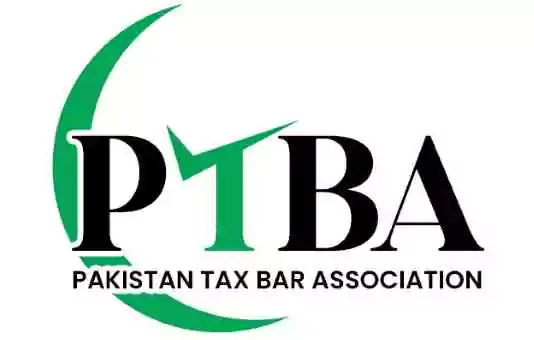Karachi, May 10, 2024 – The Pakistan Tax Bar Association (PTBA) has officially presented a set of proposals to Finance Minister Muhammad Aurangzeb for the upcoming 2024-25 budget, placing significant emphasis on the digitalization of the economy.
These initiatives, the PTBA asserts, are pivotal for transforming Pakistan into a tax-compliant and sustainable nation.
In a detailed document, the PTBA outlined numerous recommendations that include the overhaul of both direct and indirect taxation systems, enhanced digital mechanisms for tax collection, and broad administrative reforms aimed at closing the prevalent tax compliance gap.
Direct Taxation Proposals: The PTBA suggests revolutionary changes in direct taxation. These include taxing all forms of income, which is projected to increase the number of taxpayers to 50 million. Other significant suggestions encompass uniform tax rates for salaried individuals and the implementation of a 10% tax on pensions exceeding PKR 100,000 per month. The association also recommends the elimination of the holding period for immovable properties, meaning every transaction would be subjected to capital gains tax.
A notable proposal is the abolition of Section 7E of the Income Tax Ordinance, 2001, and the Capital Value Tax (CVT) on foreign assets. To reduce bureaucratic inefficiencies, PTBA advocates for the “mirror policy” which restricts the issuance of notices by the Federal Board of Revenue (FBR) to cases of data mismatch only.
Indirect Taxation Proposals: In the realm of indirect taxes, the PTBA calls for the implementation of point-of-sale systems across all trading levels and a uniform tax rate of 6%. Additionally, a reduced tax rate for transactions done through online banking or via credit/debit cards is suggested to promote digital payments.
Digitalization of the Tax System: The PTBA highlights the challenges faced by Pakistan’s tax system, including a substantial compliance gap and a lack of sufficient documentation which has led to significant tax evasion. To combat these issues, the PTBA proposes leveraging Artificial Intelligence (AI) and other digital solutions to improve transparency and efficiency in tax collection.
Suggested measures include digital invoicing across the entire supply chain and utilizing technological advancements at the National Database and Registration Authority (NADRA) to enhance digital tax collection. The association also recommends establishing a new institutional oversight mechanism to fortify the governance structure of the FBR.
General Recommendations: Among other general recommendations, the PTBA stresses the importance of facilitating tax filers at all stages of the tax cycle and ensuring that collected taxes are transparently spent on public services such as health, education, infrastructure, and transportation. It also calls for public-private partnerships to manage government hospitals and schools, providing tax filers with reduced-cost or free services.
The association believes that greater transparency could be achieved by making tax returns of government officials, judges, and politicians public, under the right to information. Furthermore, it suggests revising the salary package of FBR officials to align with those of provincial revenue authorities, incorporating better education and health benefits.
Impact on the Economy: The PTBA’s proposals are designed to modernize Pakistan’s economic landscape by integrating advanced technological solutions into the fiscal framework. This approach not only aims to widen the tax base but also enhances compliance, ensuring a steady revenue stream for the government to deploy towards vital socio-economic developments.
As Pakistan stands at the cusp of a digital revolution within its financial governance systems, the PTBA’s budget proposals for 2024-25 could play a crucial role in shaping a more resilient and prosperous economic future. The focus on digitalization is seen as not just a necessity but an inevitable progression towards greater fiscal responsibility and governance.
